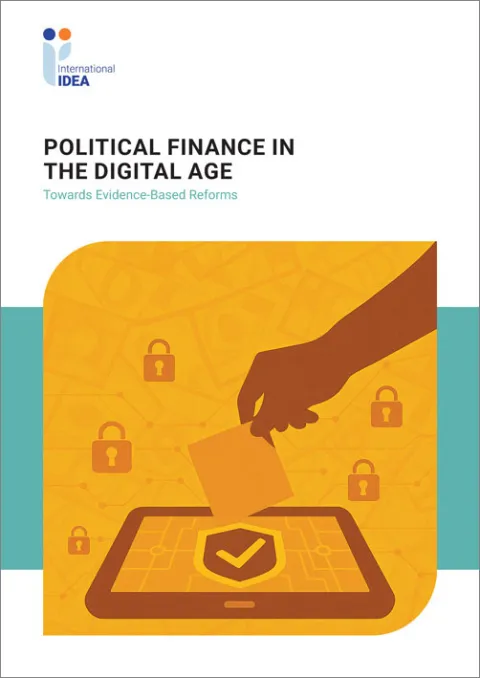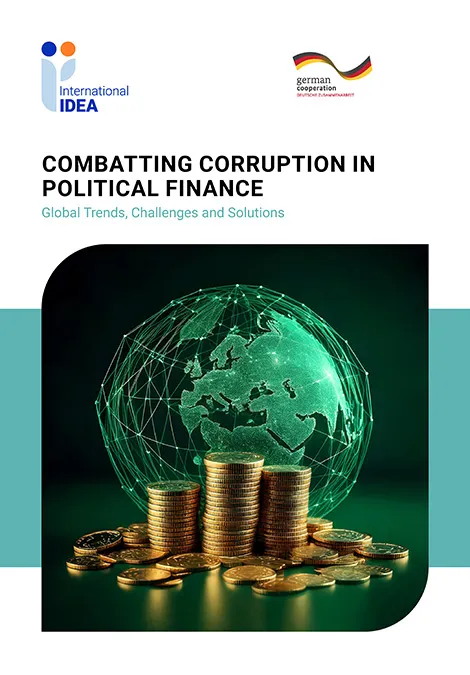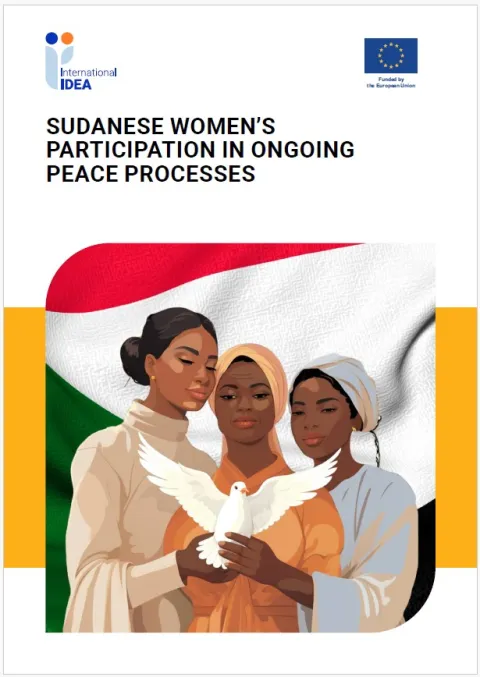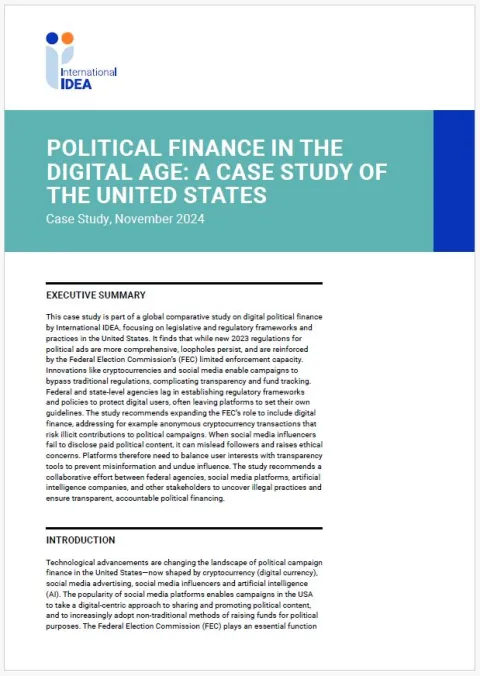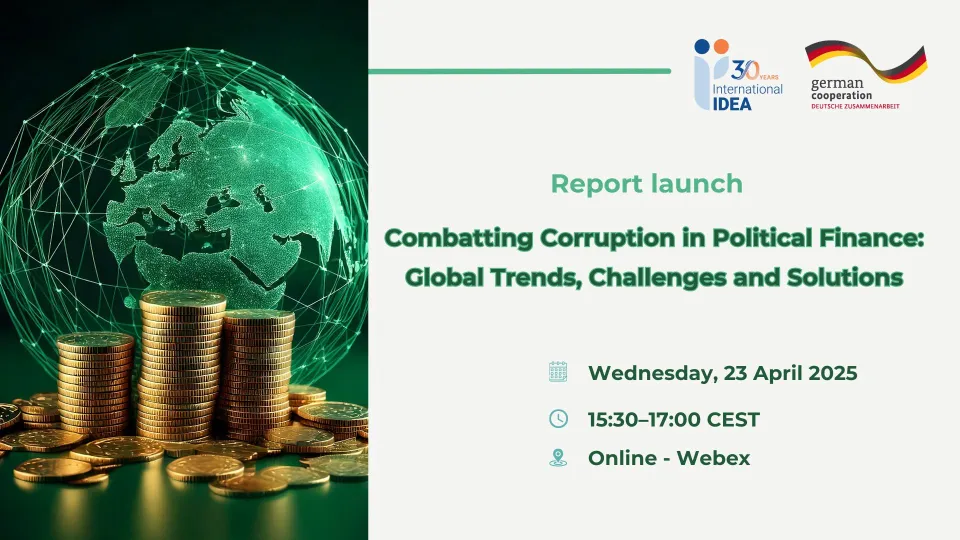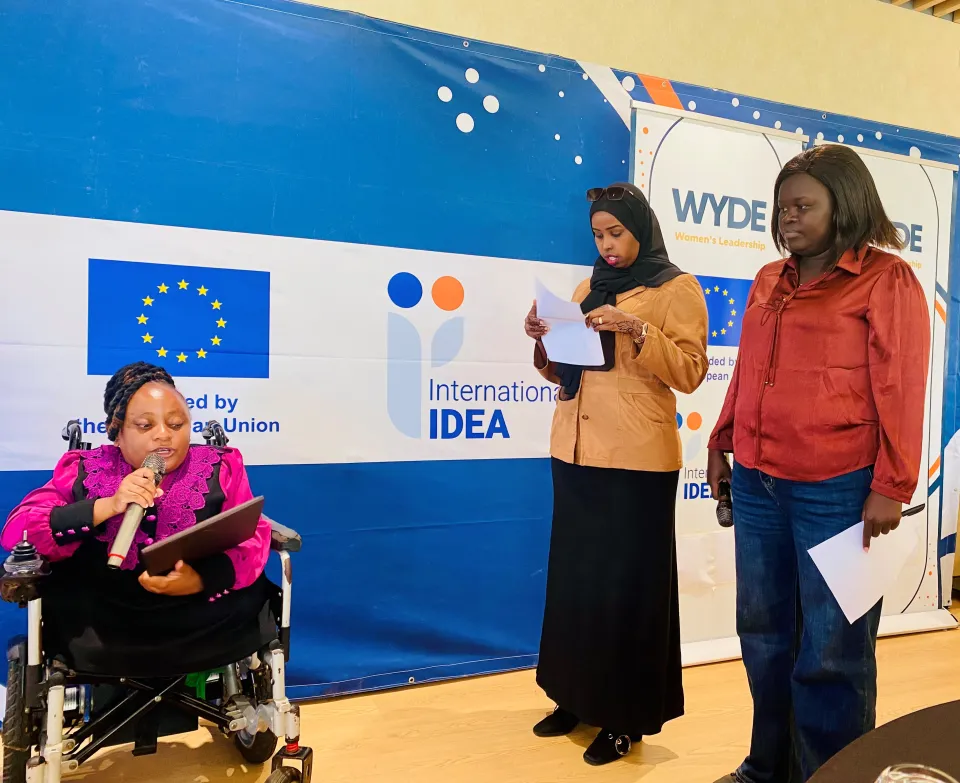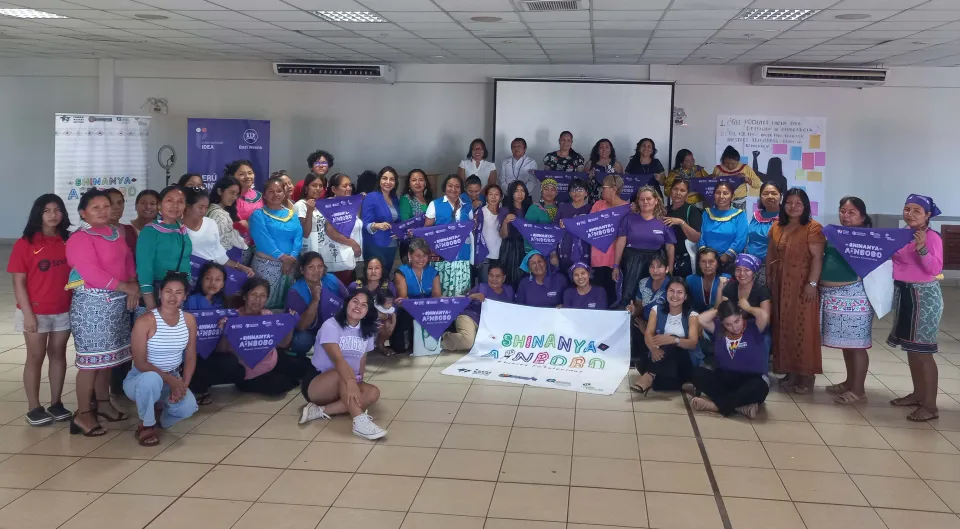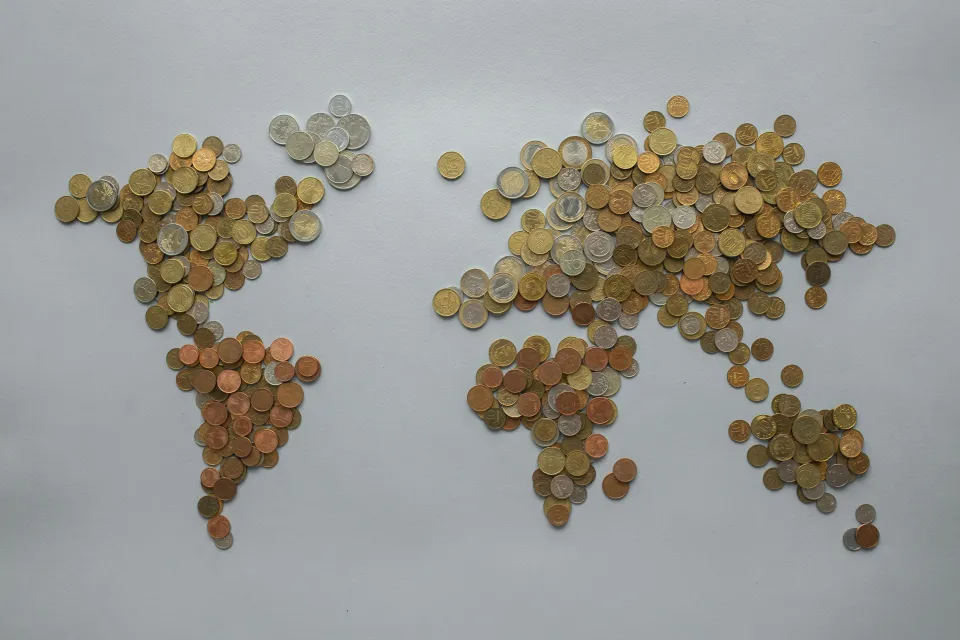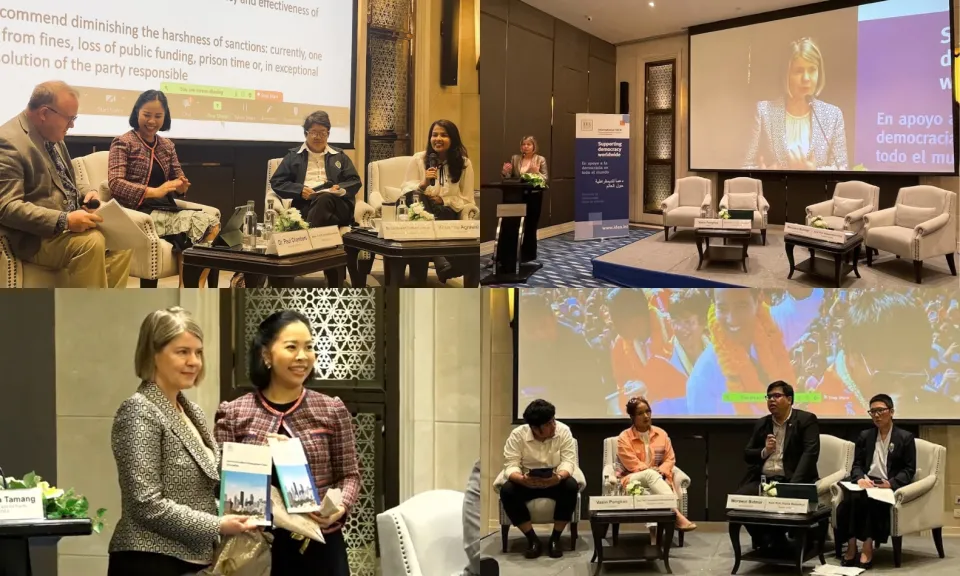Political finance and the equal participation of women in Tunisia: a situation analysis
The proportion of women in the Tunisian Parliament is impressive, but is not matched by gender equality in other areas, such as in the cabinet or the leadership of parliamentary committees.
Creating opportunities for further advances in gender equality requires work on many fronts, such as addressing social attitudes to women and men, improved education and training for women and legal protection with regard to violence against women.
This report makes recommendations on how reforms related to the role of money in politics could help women participate and continue to be engaged in politics. These include providing increased public funding to lists headed by women; and providing ongoing public funding to political parties, with specific funds earmarked for activities related to gender equality. Increased transparency in political parties and election campaigns could also, with time, help to balance the participation of women and men in the political sphere.
Details
Related databases & tools
Contents
Factsheet: Women's access to political finance in Tunisia
Factsheet: Women's access to political finance: insights from Colombia, Kenya and Tunisia
Acknowledgements
Abbreviations
Executive summary
1. Introduction
2. Background
3. Gender and political finance in the 2011 National Constituent Assembly elections
4. Gender and political finance in the 2014 parliamentary elections
5. Recommendations
6. Conclusions
References
Appendix
Give us feedback
Do you have a question or feedback about this publication? Leave us your feedback, and we’ll get back to you
Send feedbackPolitical finance and the equal participation of women in Tunisia: a situation analysis
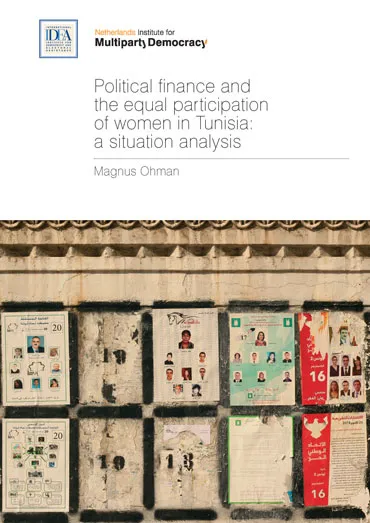
| Total views | 6819 |
|---|---|
| Downloads | 21 |
| Rating |
Related databases & tools
Give us feedback
Do you have a question or feedback about this publication? Leave us your feedback, and we’ll get back to you
Send feedback

